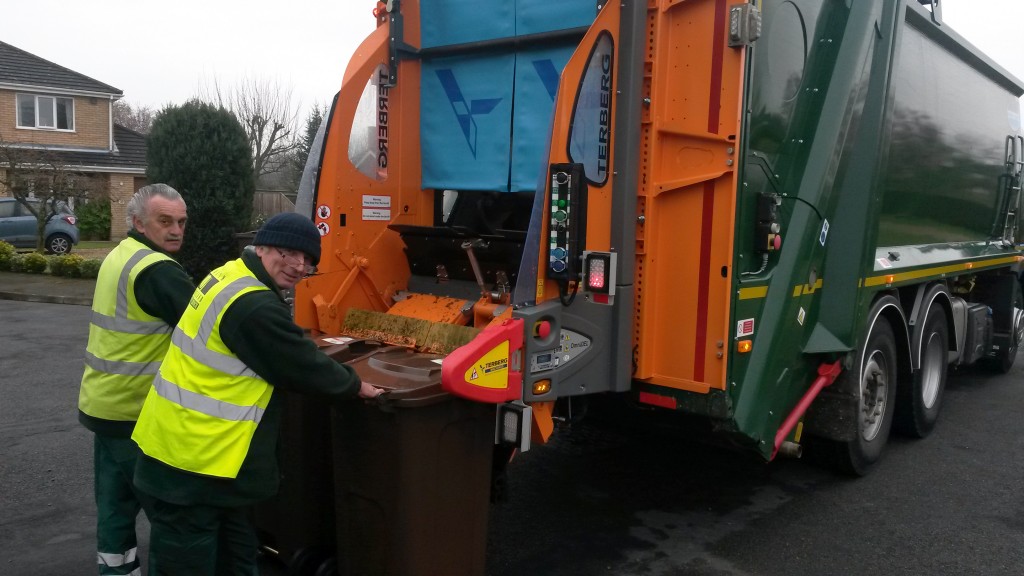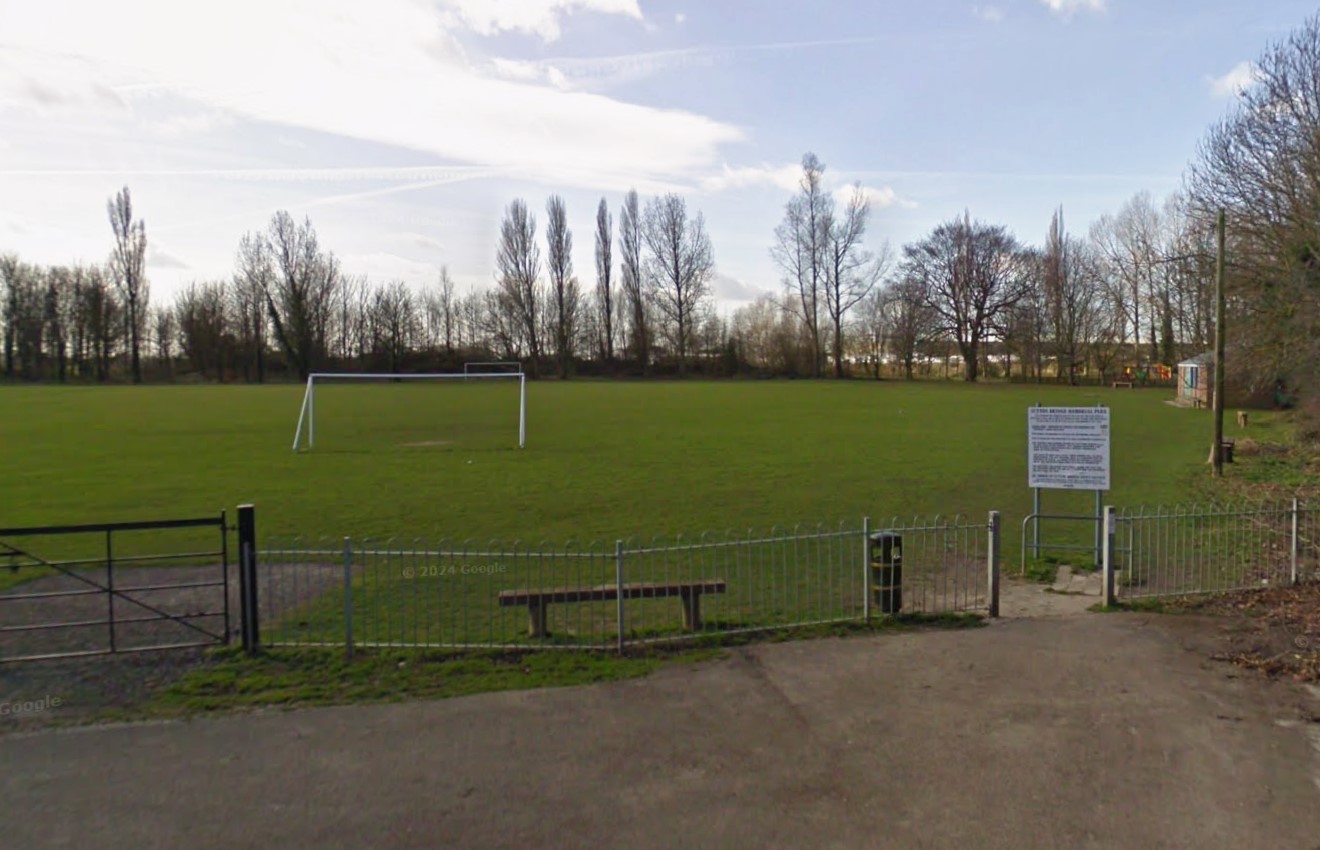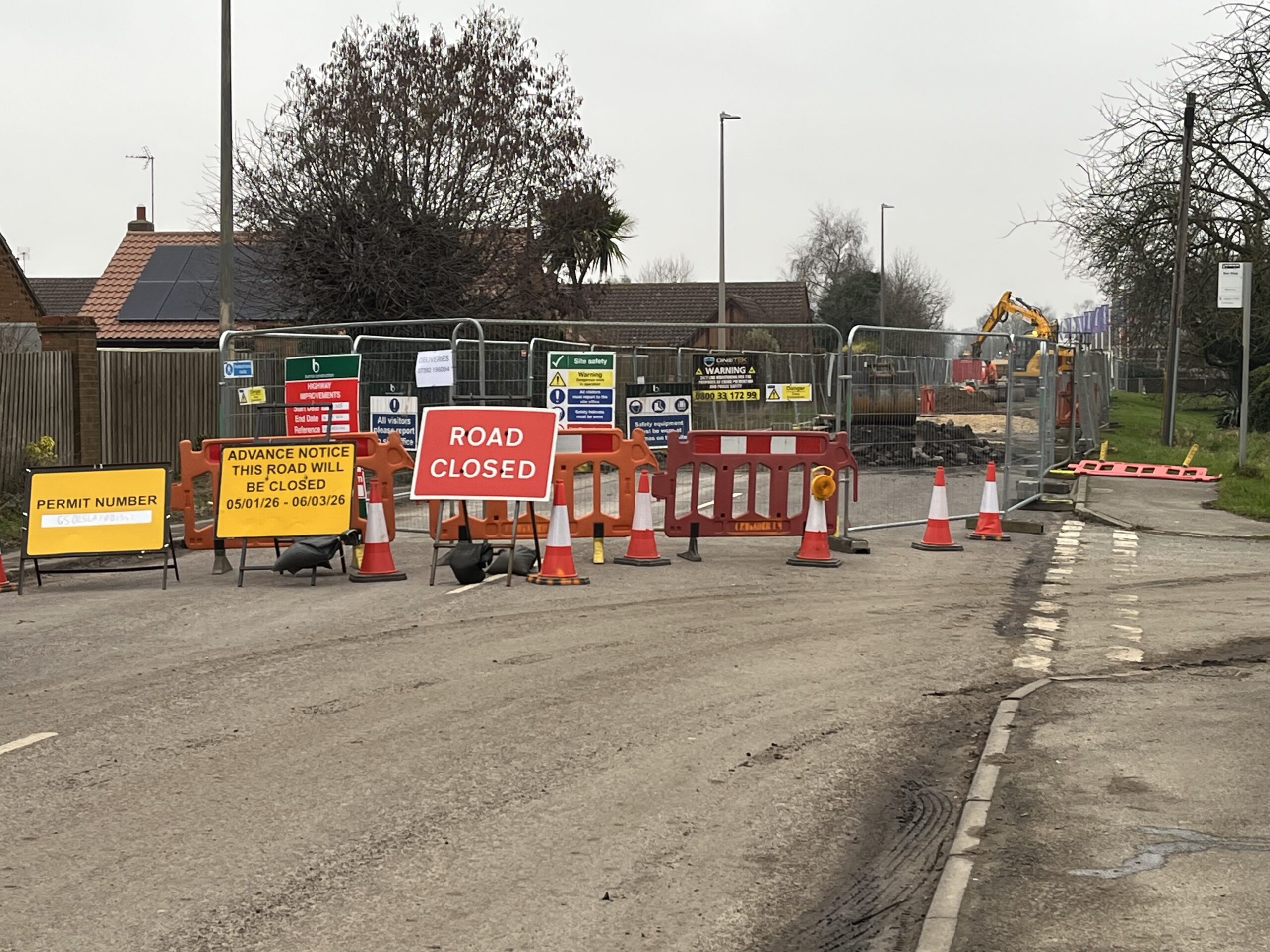Householders in South Holland’s garden waste collection scheme are “paying over the odds”, it has been claimed.
New research says the South Holland scheme is the second most expensive of 19 local authorities in the East Midlands. At £49 per year, only East Northamptonshire Council is dearer at £51.50.
The annual subscription is 51 per cent more than the East Midlands average (£32.55), and 19 per cent more than the average fee in Britain (£41.23).
David Goose, managing director of drum composter manufacturer Mantis, which commissioned the research, said: “We hope that garden waste collection charges are encouraging more people to take up home composting, which is the most environmentally friendly way to dispose of organic waste. However, there have been concerns that fees will increase fly-tipping, make recycling sites too busy, or divert more recyclable waste to landfill.”
The two-year scheme which launched in April and covers parts of South Holland is at about break-even point, with more than 2,000 householders taking part. However, the council did forward fund the project with set-up costs.
The £49 annual fee (plus £15 one-off fee for lease and bin delivery) entitles residents to a year-round fortnightly kerbside collection.
Coun Roger Gambba-Jones, portfolio holder for waste management, believes other councils are subsidising their scheme – and this was not an approach which South Holland was either willing or able to do.
He said: “The context is that other people’s garden waste collection schemes were an appendage to their existing recycling scheme – they used it as a methodology to increase their tonnage for their recycling and most provided it for free. Then they had to say ‘we can no longer do that and we’ll have to introduce a charge’ and I believe they are still subsidising the cost.
“I had to convince my fellow councillors that in no way would our garden waste service be subsidised by those taxpayers not using it.”
He said a “lot of research” had been undertaken before deciding the cost of the scheme, adding: “We knew it was a risk that some possible users would consider that the price was too high but we can’t afford to subsidise it and it’s not fair on those not utilising the service.”







